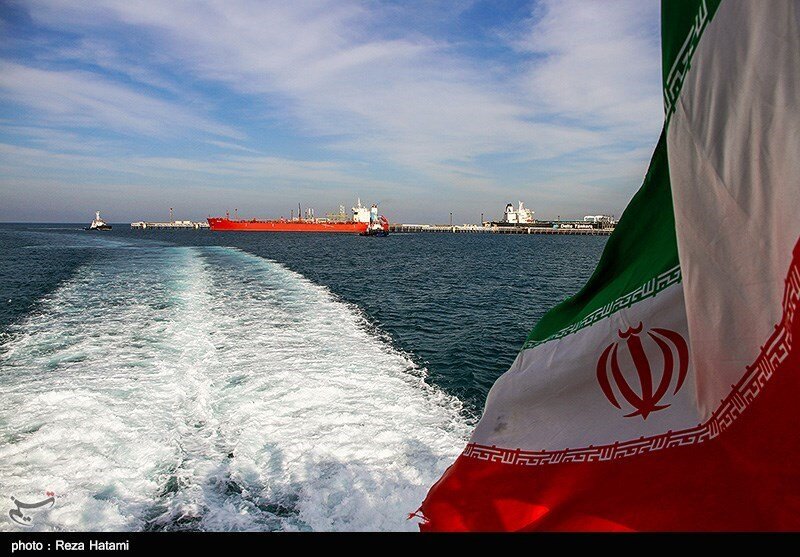Why S. Korea should release Iranian frozen funds?

TEHRAN – Once one of Iran’s major oil buyers, South Korea has been holding back the release of several billions of dollars of Iranian oil money under the pressure from White House.
The country was one of the first Asian countries that stopped importing Iranian crude oil when a U.S. sanctions wavier ended back in 2019, and since then the country has not paid over seven billion dollars worth of Iranian oil it previously shipped in.
The South Korean’s reluctance for standing up against the U.S.’s unilateralism comes in a situation where many other Iranian oil buyers including China are defying Washington’s unjust sanctions and paying for their oil imports through various payment mechanisms.
The situation has raised several questions the answers to which could be of great interest for both sides; why is it in South Korea’s best interest to put on a stronger face against the U.S. regarding the release of Iranian frozen assets? Is South Korea choosing the right approach in dealing with the situation? And finally, what ways can the country use for returning the Iranian funds?
One thing that South Korea and other Iranian trade partners should keep in mind is that no sanctions can last forever and sooner or later Iran will reclaim its rightful share in the energy market and it would be best for them to be on friendly terms with the Islamic Republic when that time comes in order to be able to benefit from the country’s abundant energy resources in the future.
It should not also be forgotten that Iranian crude oil and gas condensate have several advantages for Asian buyers; for instance, many of their refineries are specifically regulated for processing Iranian crude. The distance and shipping costs are other vital issues that should be taken into consideration for comparing Iranian crude to other western sources. Furthermore, Iran has always been providing its crude customers with significantly high discounts and incentives which would be hard to get anywhere else in the market.
So, considering the abovementioned points, it seems that South Korea has a lot to consider in case of taking the U.S.’s side in the conflict between Tehran and Washington.
To answer the question regarding the ways in which South Korea can release Iranian funds the experiences with other countries like India, Iraq, and China can be of great help.
Iran is currently exporting energy carriers to several countries and they are paying for their shipments in one way or the other.
Barter trade and using the oil money for exporting humanitarian goods to Iran is the best and most obvious way that the South Korean government can use for returning Iranian funds without breaking any sanctions-related regulations.
The Asian country however is taking a very conservative approach in this regard and is clearly waiting for a green light from the White House while the Joe Biden administration and Iran continue to disagree on which side should come back into full compliance under the 2015 nuclear deal first.
Earlier this week, the governor of the Central Bank of Iran (CBI) criticized South Korea for being under the influence of the United States regarding the release of Iran’s frozen assets in the Asian country.
Abdolnasser Hemmati made the remarks following the U.S. Secretary of State Antony Blinken’s claims about Washington not letting the release of Iran’s assets in South Korea unless Tehran returns to the 2015 Iran nuclear deal, officially known as the Joint Comprehensive Plan of Action (JCPOA).
“From the outset, it was clear that the [South] Korean government was not able to decide independently to settle problems pertaining to Iran’s forex assets,” Hemmati said.
If South Korea doesn’t change its yielding policies towards the U.S. in this regard and does not act and decide independently; the country should consider the negative impacts of such an approach on the two countries' future economic and political interactions.
Another thing that should be taken into consideration by both the U.S. and South Korea is that the Iranian economy has so far survived the harshest forms of sanction and the Islamic Republic can manage its affairs even without the return of the frozen assets outside the country.
In this regard, Hemmati has underlined that the CBI is preparing its plan for the upcoming Iranian calendar year (begins on March 21) regardless of its frozen assets in other countries.
“The CBI has regulated its program to meet the country’s forex needs irrespective of its frozen resources in South Korea and other countries,” he said.
EF/MA
Comments